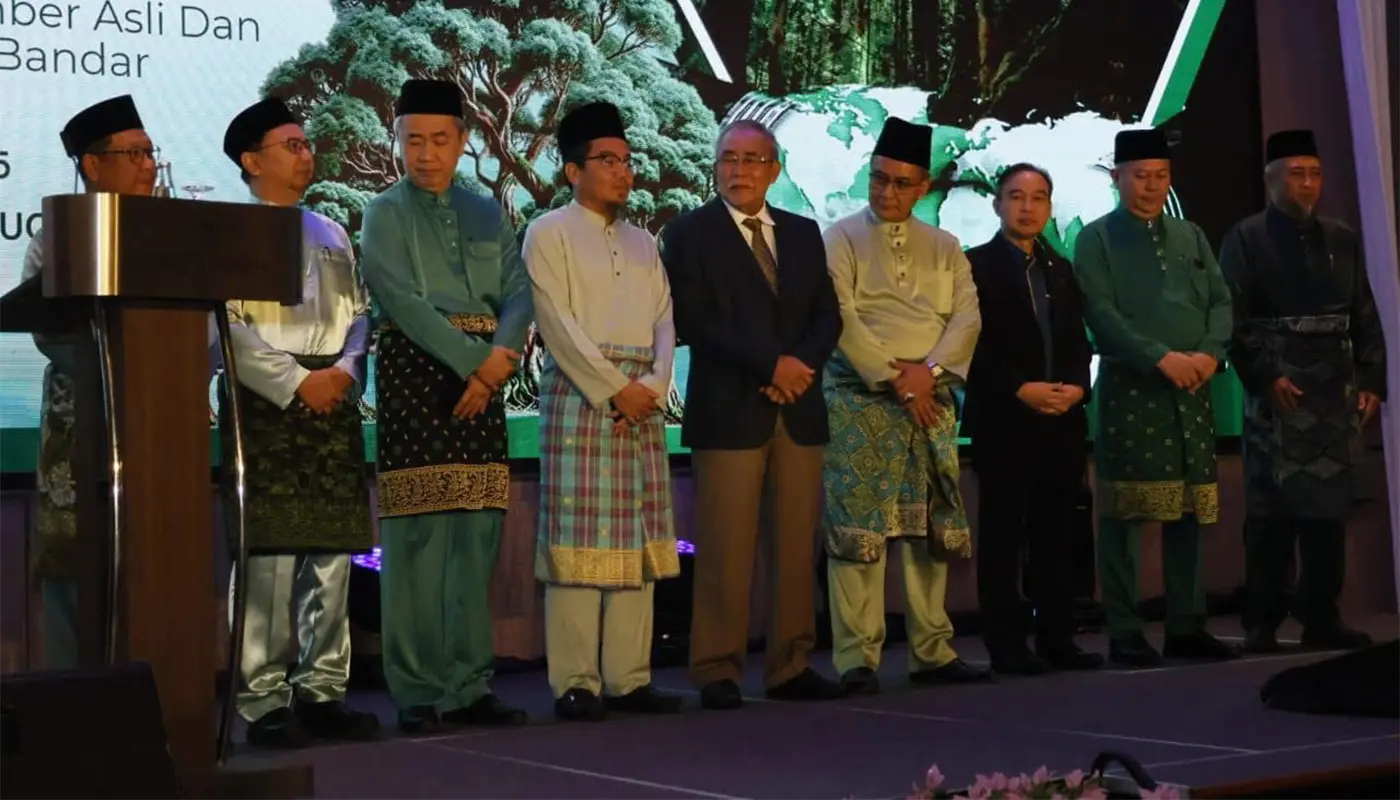KUCHING – Sarawak has ramped up efforts to ensure environmental stewardship and institutional integrity, underscored during a recent Integrity Day event for 2025.
Speaking on behalf of the Deputy Premier, the Deputy Minister of Urban Planning, Land Administration and Environment, Datuk Len Talif Salleh, affirmed the central role of “green integrity” and responsible governance in safeguarding the state’s ecological and socioeconomic well-being.
He highlighted Sarawak’s ongoing legal preparations to assume full control over environmental policymaking, noting the passage of the Natural Resources and Environment Ordinance 2024 by the state legislature.
This legislation lays the groundwork for Sarawak to gradually assume authority over critical areas, including scheduled waste, industrial effluent regulation, air quality, and environmental impact assessments initially starting with waste management this year.
Deputy Minister Len Talif emphasized that robust environmental protection hinges not only on laws, but also on transparent practices, professional ethics, and cohesive stakeholder engagement.
At the same event, he elaborated on the state’s forthcoming enhancements in environmental monitoring and waste policy.
He underscored the necessity for environmental impact assessments to be scientifically sound and conducted by qualified consultants, while insisting that Environmental Monitoring Reports must accurately reflect on-the-ground conditions and be submitted promptly.
The State is also developing an Integrated Waste Management Master Plan to strengthen waste governance in alignment with long-term climate objectives.
These declarations come at a time when Sarawak is advancing a broader environmental framework. Earlier in 2025, the state unveiled its first Biodiversity Master Plan, a pioneering initiative in Malaysia that integrates biodiversity considerations across economic and development planning.
Unveiled on Earth Day and spearheaded by the Ministry of Natural Resources and Urban Development with support from the United Nations Development Programme (UNDP).
The plan outlines six thematic strategies, from legal reform to sustainable financing to communications to mainstream biodiversity considerations into state planning.
Together, these moves from legislative reform to integrative biodiversity policy reflect Sarawak’s vision of development that is balanced with conservation and ethical governance.




